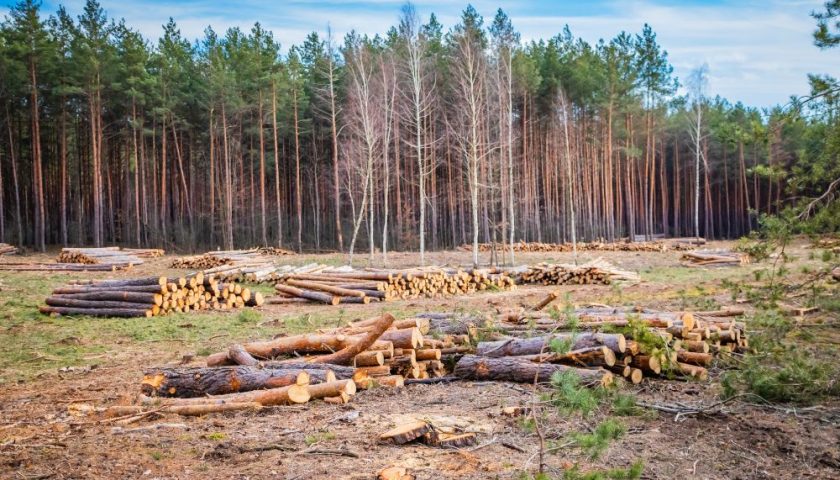Davos 2023 –
the “who’s who” of world leaders – is now over. This year I was honored to be invited to
attend the annual meeting and participate in a panel on “Traveling Again Differently.”
While some
business and policy pundits had predicted a tone of pessimism and light participation
at Davos, it was immediately clear to me – whether in a session, participating
in the panel or
riding a shuttle bus with other participants – that those concerns were simply
not borne out.
If anything, there was a sense of optimism. Participation was diverse and incomparably
global. Even the snow fell eventually, transforming the small village into a
truly stimulating,
Swiss wonderland.
Here are my
five takeaways for the travel industry:
- Travel
needs to show up. Travel industry leaders were largely absent from Davos this year – with
the exception being Uber‘s Dara Khosrowshahi. At the same time, the global
attendees were a stark reminder of how increasingly complex, diverse and intertwined
the world is. This year’s event was a cauldron of leadership from around the world
(Europe, Asia, North America and the Middle East). Industry and financial
leaders were there
in abundance. They were joined by a vast cross section of entrepreneurs, NGOs and
young “shapers” who are diverse, global influencers across many issues like food
scarcity, climate and women’s rights.Travel is
too important an engine for human connectivity and commerce to not be at the
table. A stronger
presence from travel leaders would enrich the forum’s conversations and better enable the
collaboration necessary on our most complex challenges. Participation could
also help
advance our industry leaders’ most vital strategies, especially those
associated with global scope and
sustainability. - We need a
meaningful discussion of artificial intelligence. While AI was a common thread
of conversation at Davos, from my vantage point, not a lot of substance was
presented. That’s unfortunate since travel is but one major industry that needs
the promise of AI to be transformed into practical solutions for everything
from operational efficiencies and labor shortages to customer engagement and
sustainability. While the hype at Davos around AI in general (and ChatGPT in particular)
felt a bit “crypto-ish,” it is clearly very relevant in the near term for
travel leaders. - We need to
plan for a future that is better than “worst case” scenario. Despite the enormous
complexity of the global environment, urgent challenges to peace and
prosperity, and some
clear economic headwinds, I was pleasantly surprised that optimism showed
itself on almost
every front. Central bank governors, for instance, spoke to a reduced fear of
recession and of high
resilience. That is reassuring news for an industry that has careened between
crises. Challenges
will not be going away, but we also might just be able to focus on some of the critical
longer-term initiatives that will ultimately make travel better, more
profitable and more sustainable. - Sustainability
progress is being made, but it’s a systemic matter and one where industry siloes won’t
suffice. As the lead agenda item going into the forum, engagement on sustainability
was very high. Government commitments were visible nearly constantly and the scope of
investment was huge: between Europe and the United States, nearly $1 trillion
has been committed thus far.Similarly, technology advances for energy transition
to clean sources were visible and arcane topics such as biodiversity
management, space technologies, laser fusion, and even carbon markets were
represented. On the panel in which I participated, the CEO of Heathrow
Airport, as an example, called on the aviation industry to collaborate with governments
and the agriculture industry to develop markets for biofuels to help meet
carbon emissions goals as well as to stave off more draconian government
restrictions that could harm travel. Each industry has a plan and travel is
moving too, but this puzzle’s solutions are the epitome of inter-connectivity. - The travel
experience matters. In my conversations at Davos with other leaders, I always paid
attention to their stories about “how they got there” since the forum presented
such a diversity
of routes, modes of transportation and lodging arrangements for a uniquely
global audience to
descend on a relatively small mountain village.
To be
clear, travel brands have made vast progress in the last three years on
resilience, workforce
and in automating and innovating big portions of their businesses. But for
travelers, my fellow
Davos attendees included, travel today still consists of a Lego-like patchwork
of flights,
lodging, ground transport, events, meetings and the occasional adventure. It’s numbingly
complicated, and today, each traveler is personally responsible to be the
problem solver.
Subscribe to our newsletter below
We
can fix this. And we need to fix this as travel becomes steadily and quickly
more global. To
do it, we need real collaboration that moves beyond the fundamentals that exist today
around safety, compliance, alliances, and even loyalty networks.
At the end
of the day, why does the World Economic Forum matter to the travel industry?
Simply put, in a few days at Davos, you are surrounded by an incomparable and highly
relevant mix of the brightest minds, from across countless sectors and a rich
diversity of leaders and voices that span the world.
If innovation is what
drives your company – like it does mine – being at Davos is fuel. If
understanding how global complexity needs to be harnessed to keep up with
global, non-first-world demand, then being at Davos can also accelerate growth.
In 2024, I hope the WEF opens its arms to the leaders who – quite literally –
brought them together in 2023.
About the author…





